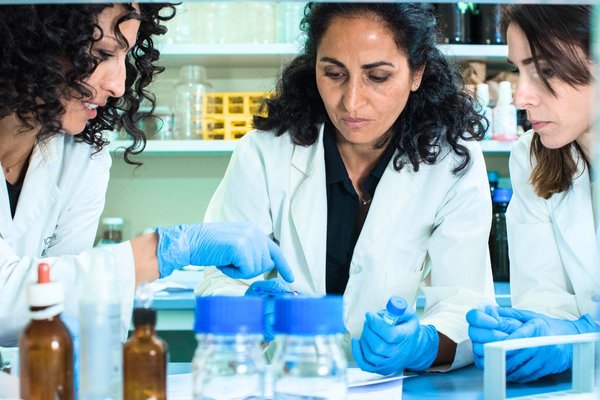
Can menstrual fluid identify causes of heavy periods?
A period is when someone bleeds from their vagina. This is also called menstruation. They happen around every month as part of the menstrual cycle.

A period is when someone bleeds from their vagina. This is also called menstruation. They happen around every month as part of the menstrual cycle.
Every month or so, your body prepares itself for a possible pregnancy.
First, an egg is released from one of your ovaries and travels to your womb (uterus). The lining of your womb then thickens. This is so that the womb is ready for a baby if the egg gets fertilised by sperm.
If there is no sperm to fertilise the egg, the lining is not needed and is shed. The lining is made of blood and tissue and comes out through your vagina as period bleeding.
Periods usually start around the age of 12 but can begin earlier or later. You will likely have regular periods by the time you’re 16 to 18 years old.
Your periods will usually stop when you’re around your mid-40s to mid-50s. This is called the menopause. They can become less regular (more or less often), until they stop altogether.
Periods usually last for two to seven days. The bleeding is usually heaviest in the first two days.
You may hear that it’s 28 days from the first day of one period to the first day of the next. This is called the menstrual cycle. But this time, your cycle length, can be from 23 to 35 days.
Your womb shrinks in and out (contracts) to push the womb lining out. This can cause discomfort and pain. This is often called cramps and is worse at the start. Over-the-counter pain killers, rest and a hot water bottle may help.
If the pain affects your day-to-day life in any way, or you struggle to manage it, see your GP. They may be able to help. They can also check for other conditions so you can get the right treatment
Conditions that can also cause pain include fibroids, pelvic inflammatory disease, adenomyosis and endometriosis.
Some people have physical and mental symptoms that vary during their menstrual cycle. This is known as premenstrual syndrome (PMS). Symptoms usually start a couple of weeks before your period. This is when your hormone levels change.
These symptoms can include:
There is a severe form of PMS called premenstrual dysphoric disorder or PMDD. It causes intense symptoms that affect your mental health. They can make it difficult to work and lead a healthy life. Mind has more information about PMDD.
Period pain and other period problems can be hard to manage. Understandably, they can affect your mental and emotional health. Some things that might help include:
Irregular periods are when your cycle length is different from month to month.
Some common reasons for this include:
In most cases irregular periods do not mean there is a medical problem. But talk to your doctor anyway. They will help find out if there’s a cause that can be treated. Keep a diary of the dates of your periods. This is so that you and your doctor can see if there is a pattern.
Contraception that uses hormones can affect your periods too, like the pill and implant. Bleeding on hormone contraception is withdrawal bleeding, not a period. So you do not need to worry if this is irregular. Withdrawal bleeding is also likely to be lighter than a period.
Heavy bleeding during your period can be uncomfortable and difficult to manage. If it’s affecting your life, talk to your doctor.
Keep track of how often you need to change your pad or tampon and how long the bleeding lasts. Your doctor might investigate why you’re having heavy periods. This might include an examination, scans, or blood tests.
There are treatments that can help heavy periods. These include tranexamic acid or hormonal contraception.
There are lots of things that can make you miss your period, aside from pregnancy. They include:
See your doctor if you have missed more than three periods in a row.
Any changes in your period should be checked out. If you notice your periods becoming shorter, heavier, or irregular, talk to your doctor.
You should see your doctor straightaway if you bleed:
This kind of bleeding might be caused by an infection or an injury to your vagina. In rare cases, it can be a sign of cancer. This sounds scary but there is usually no worrying cause. It’s just important to get checked out.
You can see your doctor or visit your nearest, sexual health clinic, women's health clinic or contraceptive clinic.
Your period following a vaccination for Covid-19 can be slightly delayed. Your periods should return to normal the following menstrual cycle.
Healthy Optimal Periods for Everyone (HOPE) is a website all about periods and menstrual health.
Watch our webinar series, Let’s Talk Periods, which explores common gynaecological conditions that can affect the menstrual cycle: endometriosis, fibroids, adenomyosis and PCOS. https://www.wellbeingofwomen.org.uk/what-we-do/campaigns/lets-talk-periods/
As a women’s health charity, part of what we do is fund research to save and change the lives of women, girls and babies.

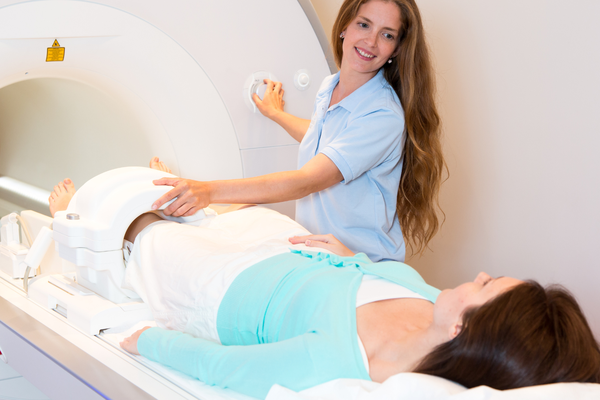
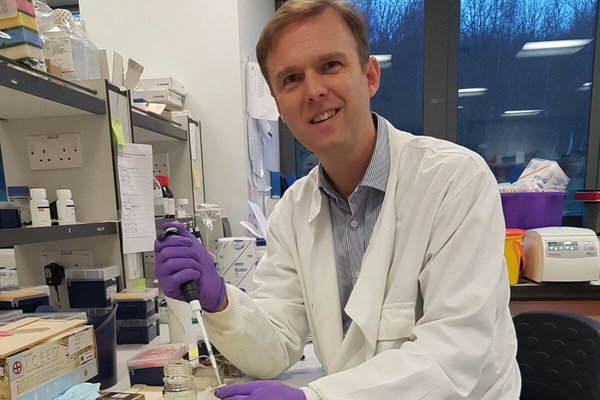
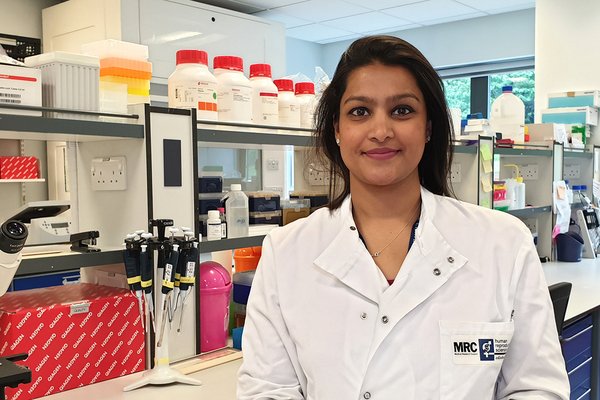


The vulva is the external part of the female genitals. Cancer in this area can cause a lump that may be sore or bleeding. There are 1,400 new cases in the UK every year.
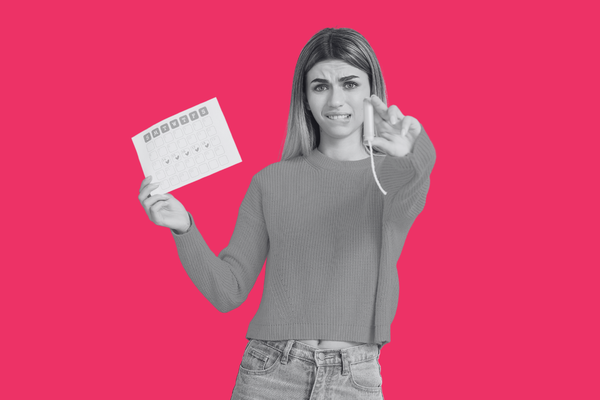
You might be nervous about getting your first period, or you might have had periods for a while but are finding them difficult. You’re not alone.
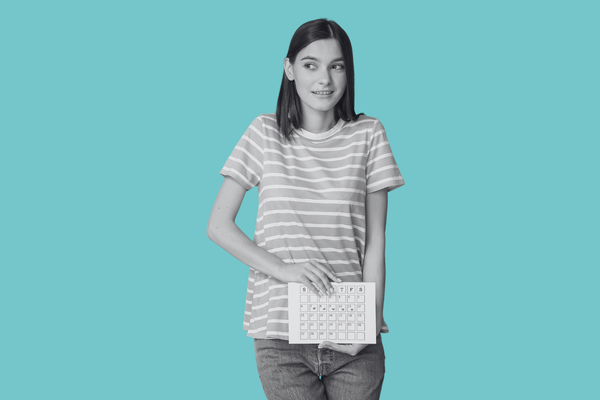
Don’t worry, we’ve got the lowdown on how to feel supported while sorting fact from fiction.